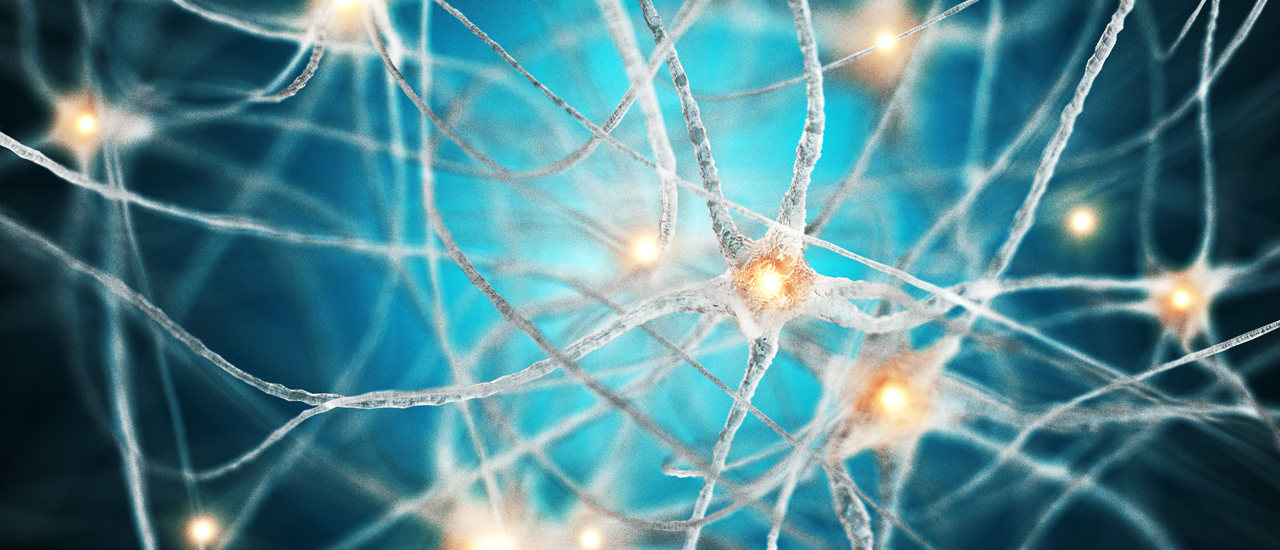How Our Daily Habits Shape Brain Connectivity Over Time
by The Neuroscience School
Every day, we wake up as a slightly different version of ourselves. The choices we make – from how much we sleep to how active we are – don’t just affect us the next day but can actually shape our brain connectivity and function for up to two weeks! Let’s dive into how our everyday routines can make a real difference in our mental well-being and brain health.
How Our Daily Choices Affect Brain Connectivity
Studies show that our habits and lifestyle choices impact our brain’s “connectivity,” or how different parts of the brain communicate with each other. This connectivity affects all sorts of things we do every day, like remembering details, staying focused, and managing emotions. Our habits play a huge role in building and strengthening connections within certain brain networks, like the default mode network (DMN) for self-reflection and the fronto-parietal network, also called the task positive network, for focus and memory.
The Impact of Sleep, Exercise, and Mood
- Sleep: The quality and amount of sleep we get can have lasting effects on our brain’s connectivity. Poor or fragmented sleep makes us feel more tired and impacts self-control, changing connectivity in brain areas related to attention and memory. Interestingly, getting consistent, restful sleep doesn’t just help us focus the next day; it strengthens our brain’s connections for up to two weeks!
- Physical Activity: Exercise boosts the connectivity of brain networks tied to memory and attention. If we skip out on activity, especially the day before, it can reduce connectivity in these networks for up to 10 days. Regular movement keeps these brain networks strong and adaptable.
- Heart Rate Variability (HRV): This is a fancy way to talk about how well our body handles stress and keeps emotions in check. Higher HRV is linked to better connectivity in brain areas that support emotional resilience, like the salience network. When our HRV improves, our brain seems to become more flexible and emotionally balanced.
- Mood: Positive moods strengthen brain connectivity, helping different networks work together smoothly. In contrast, stress and negative emotions can disrupt this connectivity, making it harder to focus or think clearly.
How Effects Build Up Over Time
Sleep, mood, and physical activity don’t always have an immediate effect. Instead, they build up over time in two main ways:
- Short-term Effects (0–7 days): These are the quick impacts, like trouble focusing after a night of poor sleep.
- Long-term Effects (7–15 days): These are gradual changes that build up, like the benefits of consistent sleep or regular exercise. Certain things, like hormone levels, may even play a role in these longer-term patterns, impacting connectivity over weeks rather than days.
What This Means for Us
Even though this research looked at one person, it has takeaways that apply to everyone. Our daily choices have a lasting impact on our brain’s connectivity. By sticking to healthy sleep routines, moving our bodies, and keeping stress in check, we’re setting up our brains for better performance and well-being.
While future studies might tell us more about how today’s brain activity could affect us down the road, one thing is clear: our habits have a powerful effect on our mental health and resilience. Embracing routines that strengthen our brain connections can make a big difference in how we feel and function each day.
Final Thoughts
Our brains are always adapting. The choices we make each day – getting enough sleep, staying active, and managing stress – help build a stronger, more connected brain. So next time you’re tempted to skip that workout or stay up late, remember: every little choice is an investment in a healthier, more resilient brain!
About the Author
The Neuroscience School is a resource for neuroscience information and training, founded by neuroscientist Dr. Irena O'Brien. The school's goal is to help people live their best lives by keeping their brains in optimal shape.
Contents of this article remain the property of the author and/or publisher.



